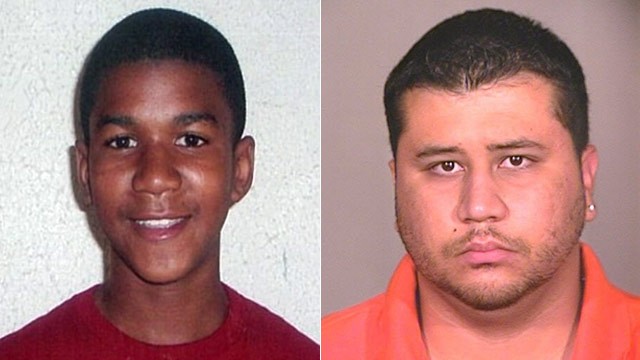By Carolyn Abdenour
Impunity Watch Reporter, Middle East
AL QAA, Lebanon – On Tuesday, 27 March, Lebanese residents and local security forces reported fighting between Syrian rebels and security forces spilled into Lebanon. The witnesses saw Syrian troops destroy Lebanese farm buildings and fight with Syrian rebels who sought refuge in their neighboring country when the troops entered Lebanon.

Over the past year, thousands of Syrians have escaped to Lebanon. Since the Baba Amr district of Homs sustained four weeks of bombardment in early March by Syrian forces, over 1,500 Syrians fled to Lebanon. The Free Syrian Army (FSA), who wants to overthrow Syrian President Bashar al-Assad, and smugglers also utilized this border. Residents stated the Syrian troops followed the FSA over the border to enter Lebanon.
Abu Ahmed, a 63 year old resident of al-Qaa (a Sunni Muslim rural mountain region) said, “More than 35 Syrian soldiers came across the border and started to destroy houses.” Another resident added troops in armored vehicles demolished one home with a bulldozer, lunched rocket-propelled grenades, and fired machineguns in a clash with rebels. A witness also stated the forces also burned several houses.
A Lebanese security source stated the clashes occurred near a poorly marked border where people easily and frequently cross. A Lebanese security official stated, “There is no Syrian military presence on the Lebanese side of the border.” Two Lebanese officials asserted bullets just passed through the rural village near the border. However, residents reported dozens of Syrian forces are presently located 200 to 500 meters inside Lebanese territory.
Residents also stated Syrian forces momentarily entered Lebanon to shadow fleeing rebels throughout the recent months. Al-Jazeera documented cases where Lebanese residents believed Syrian troops planted landmines near populous areas. In October, the regional English-language news organization added a Syrian army tank launched shells at military targets inside Lebanon’s territory. Last week, Syrian shells landed in northern Lebanon.
On Monday, 26 March, Syria accused Lebanon of supporting armed “terrorist groups” with weapons. In his letter to the United Nations (UN) Security Council and UN Secretary General Ban Ki-moon last week, Syrian UN Ambassador Basah Ja’afari wrote, “Experts, officials and observers are unanimous that weapons are being smuggled into Syrian territory from bordering States, including Lebanon.”
These clashes occur on the same day of Syria’s acceptance of a cease fire and peace plan composed by former UN Secretary General Kofi Annan.
For more information, please see:
BBC – Syria Crisis: Clashes Spill Over Lebanese Border – 27 Mar 2012
MSNBC – Annan Says Syria Accepts Peace Plan, Fighting Enters Lebanon – 27 Mar 2012
News Times – Syria Accepts UN Peace Plan But Bloodshed Persists – 27 Mar 2012
Reuters – Syrian Forces, Rebels Clash Inside Lebanon – Residents – 27 Mar 2012


